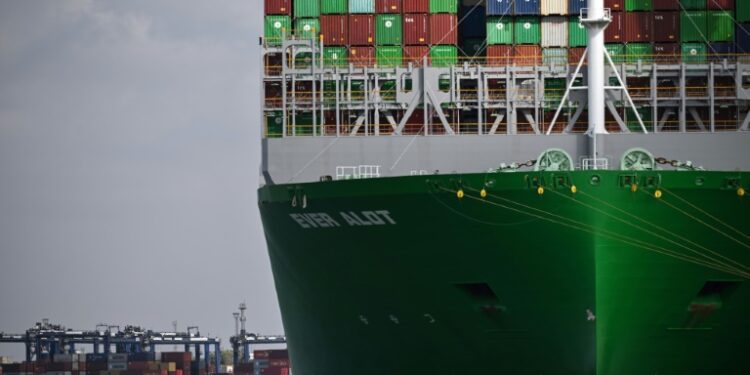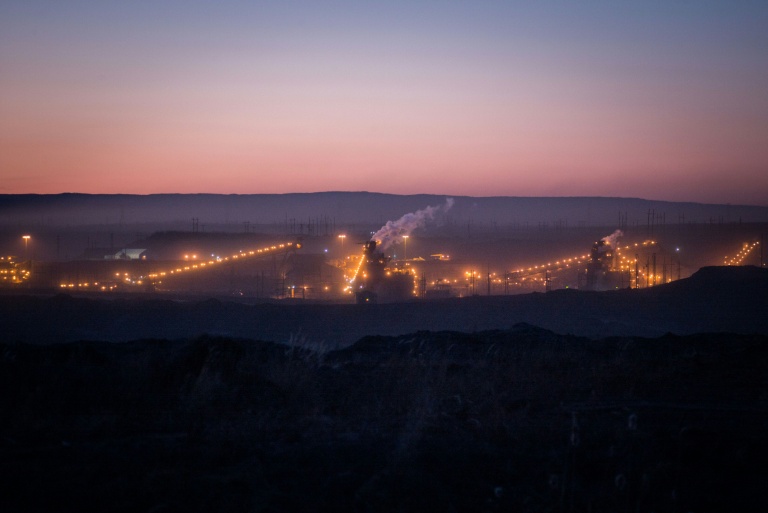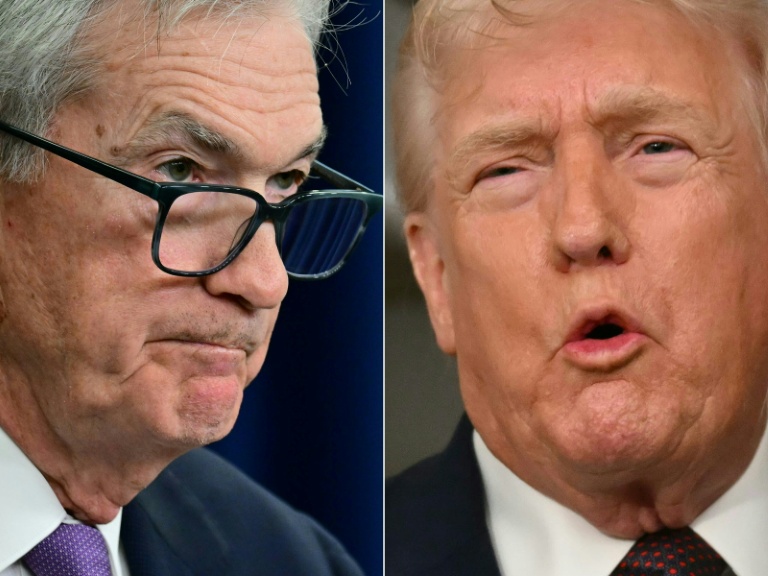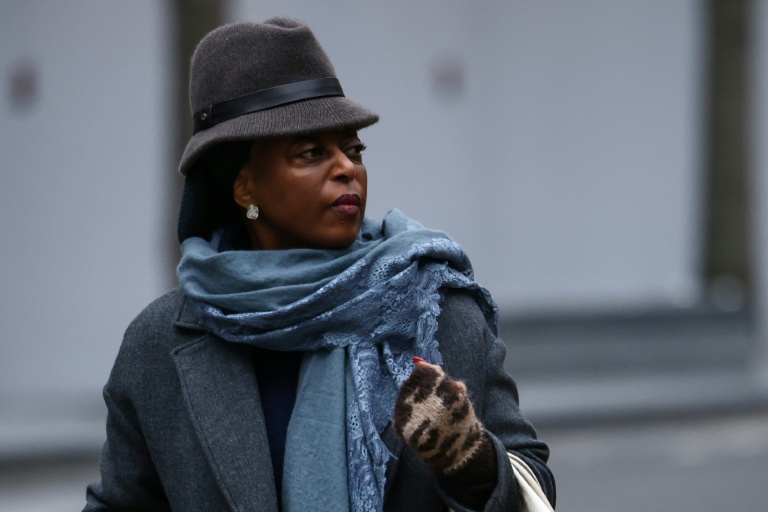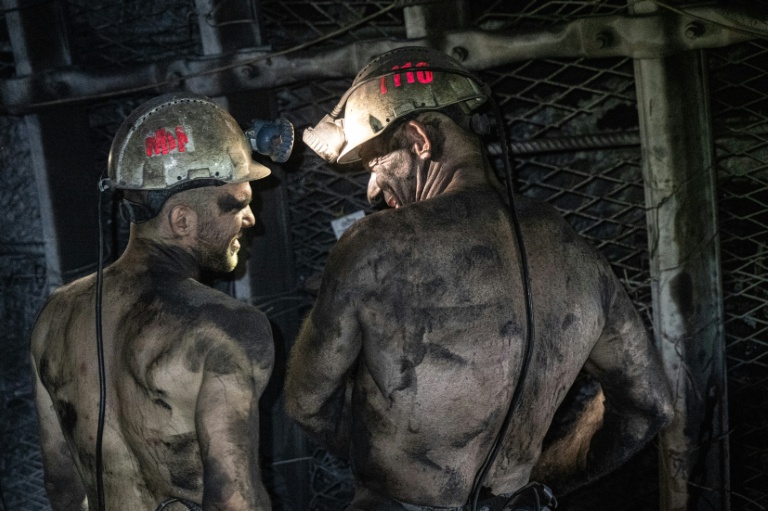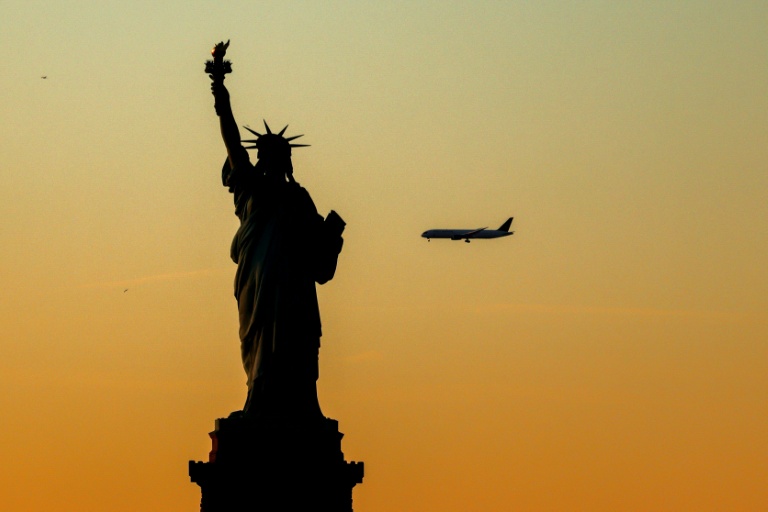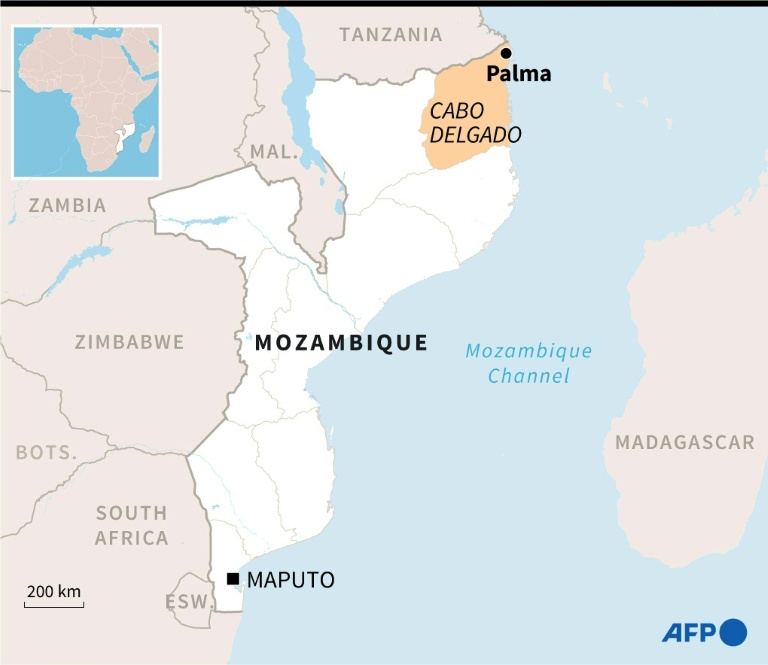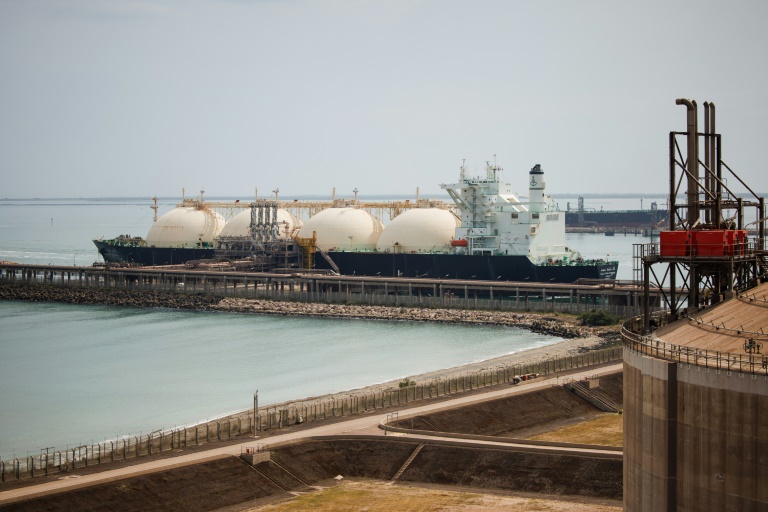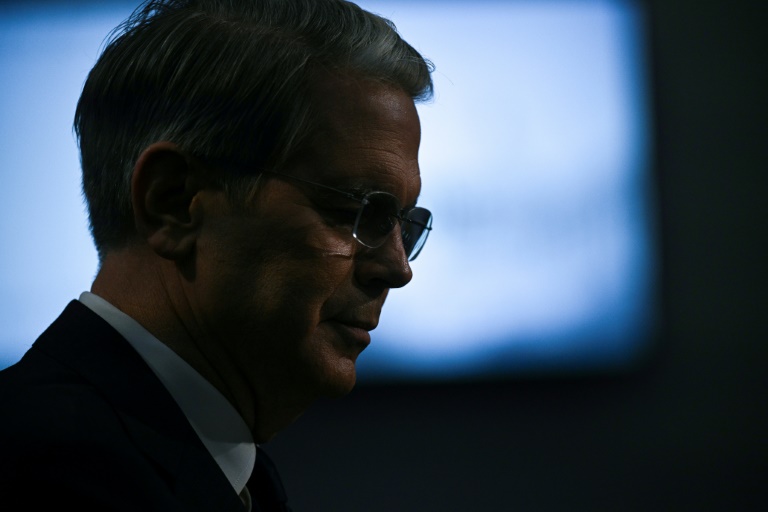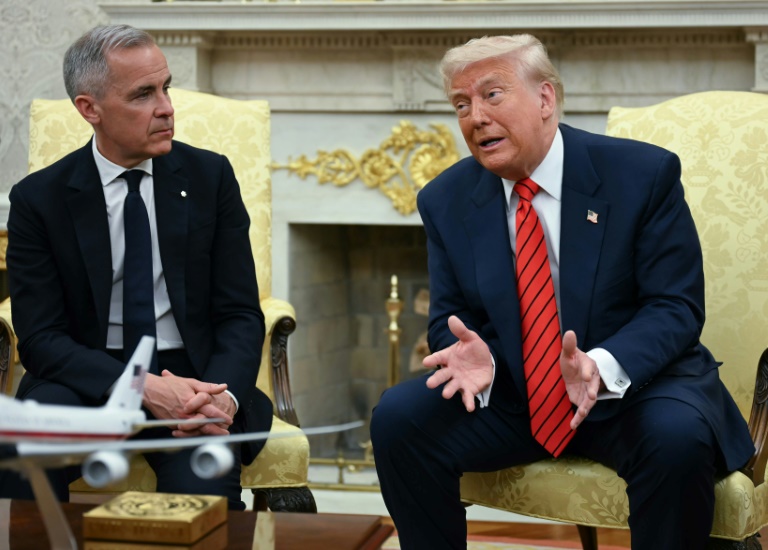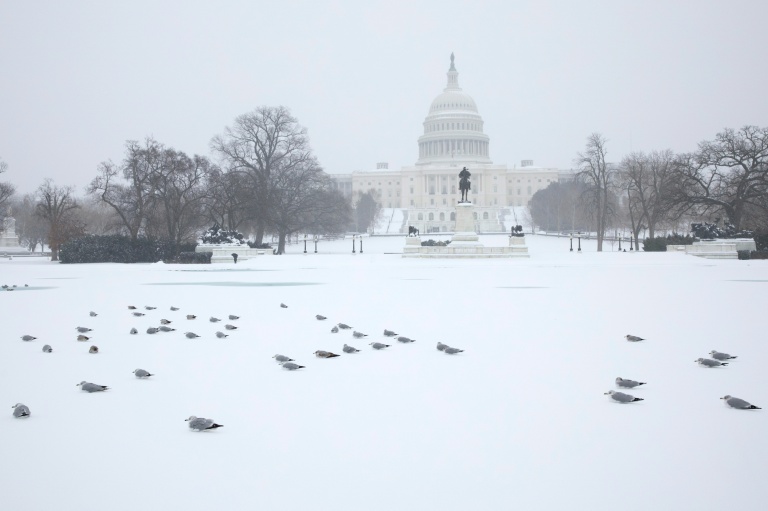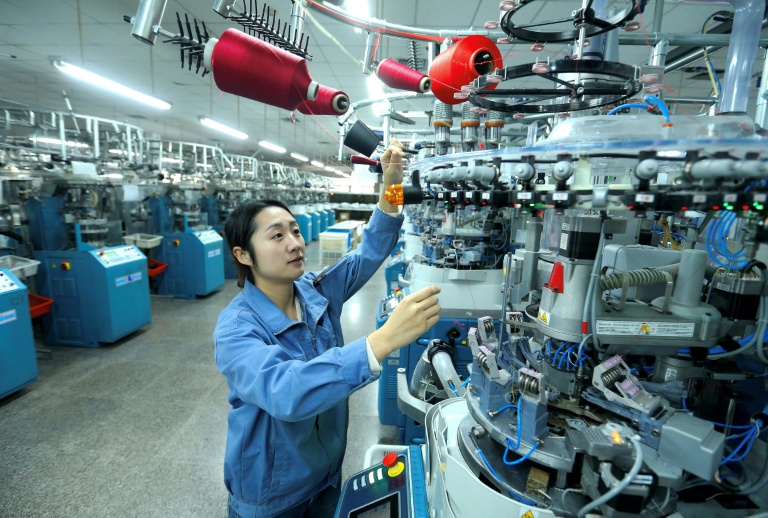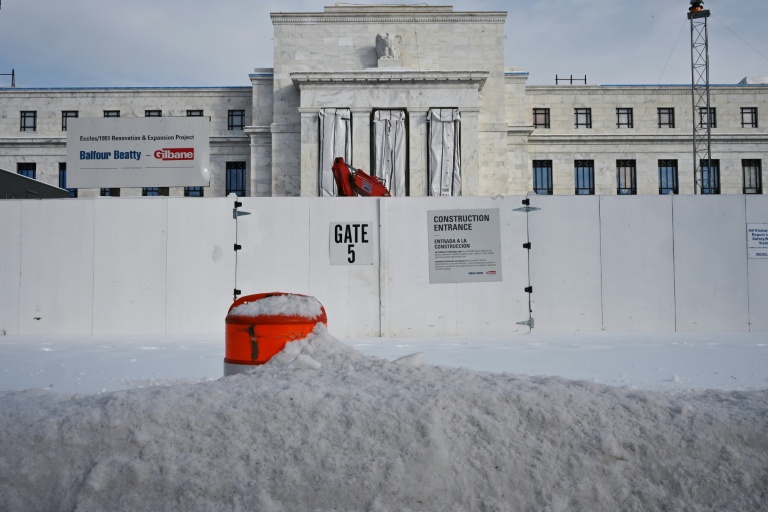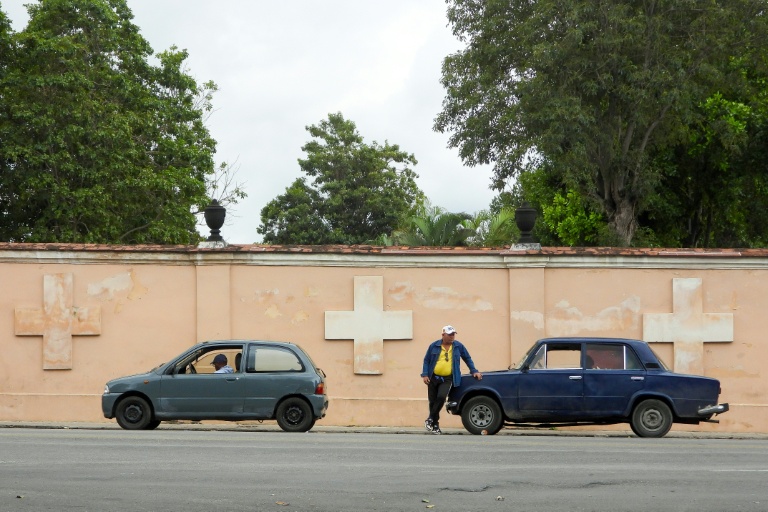London (AFP) – Britain on Tuesday struck a free trade agreement with India, its biggest such deal since leaving the European Union, after negotiations relaunched in February following US tariff threats. Britain has sought to bolster trade ties across the world since it left the EU at the start of the decade under Brexit, a need that became more pressing after the United States unleashed tariffs that risk causing weaker economic growth.
“Today we have agreed a landmark deal with India — one of the fastest-growing economies in the world, which will grow the economy and deliver for British people and business,” UK Prime Minister Keir Starmer said in a statement. His Labour government said it is “the biggest and most economically significant bilateral trade deal the UK has done since leaving the EU”.
India’s Prime Minister Narendra Modi described the deal as “ambitious and mutually beneficial.” The pact will help “catalyse trade, investment, growth, job creation, and innovation in both our economies,” Modi said in a post on social media platform X. His office said in a statement that the deal will “unlock new potential for the two nations to jointly develop products and services for global markets.” It added that Modi had invited Starmer to visit India at an unspecified date.
The accord will slash tariffs on imports of UK goods into India, including whisky, cosmetics, and medical devices. Whisky and gin tariffs will be halved to 75 percent, while automotive tariffs will be slashed from more than 100 percent to 10 percent. In exchange, the UK will cut tariffs on imports of clothes, footwear, and food products, including frozen prawns, from India.
The deal comes after US President Donald Trump hiked tariffs on trading partners and launched sector-specific levies on steel, aluminum, and cars. The UK and India are the sixth and fifth largest global economies respectively, with a trade relationship worth around £41 billion ($54.8 billion) and investment supporting more than 600,000 jobs across both countries. The sides hope the free-trade agreement will increase trade between the two countries by £25.5 billion, as well as boosting the British economy and wages. The UK called it “the best deal India has ever agreed”.
Talks were relaunched between the two countries in February after stalling under Britain’s previous Conservative administrations. In previous negotiations, India pushed for more UK work and study visas for its citizens in exchange for lowering tariffs. The Federation of Indian Export Organisations welcomed Tuesday’s announcement, saying that the deal “eliminates or significantly reduces tariffs on a wide range of Indian goods, giving our exporters preferential access to one of the world’s most affluent and consumption-driven markets”.
Mike Hawes, chief executive of British automotive lobby group SMMT, also praised the outcome. “While the agreement will likely feature compromises, and might not offer unfettered market access to all UK automotive goods, we appreciate the considerable effort British negotiators have devoted to secure the first partial liberalisation of the Indian automotive market.”
Britain has secured other trade deals since exiting the EU, including with Australia, New Zealand, and Singapore. However, a much sought-after agreement with the United States remains elusive. The European Union remains Britain’s biggest trading partner, and Starmer has sought to bring the UK and the EU closer together since his Labour party won re-election last July.
A landmark EU-UK summit is due this month, but Starmer has ruled out Britain rejoining the neighbouring bloc. Britain joined the Comprehensive and Progressive Agreement for Trans-Pacific Partnership in December. The CPTPP alliance comprises fellow G7 members Canada and Japan, plus long-standing allies Australia and New Zealand, alongside Brunei, Chile, Malaysia, Mexico, Peru, Singapore, and Vietnam.
© 2024 AFP

